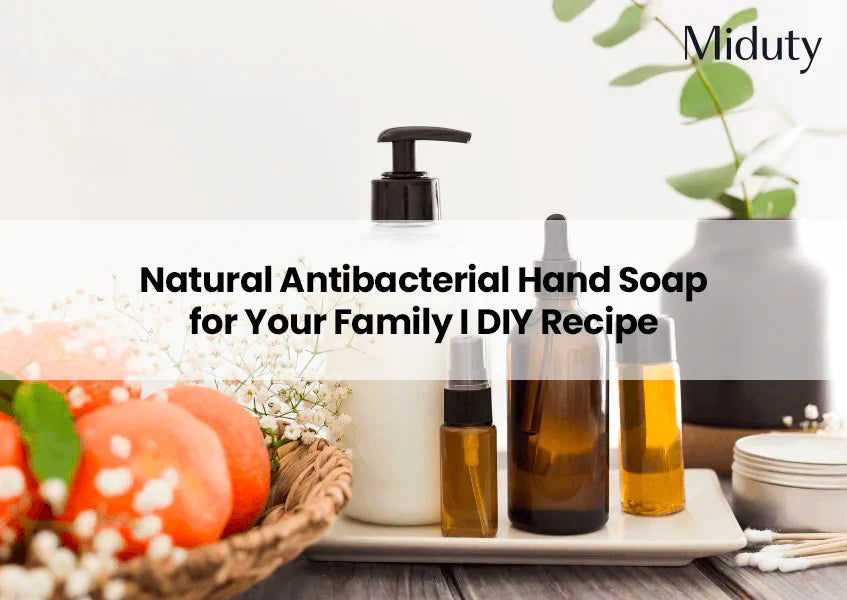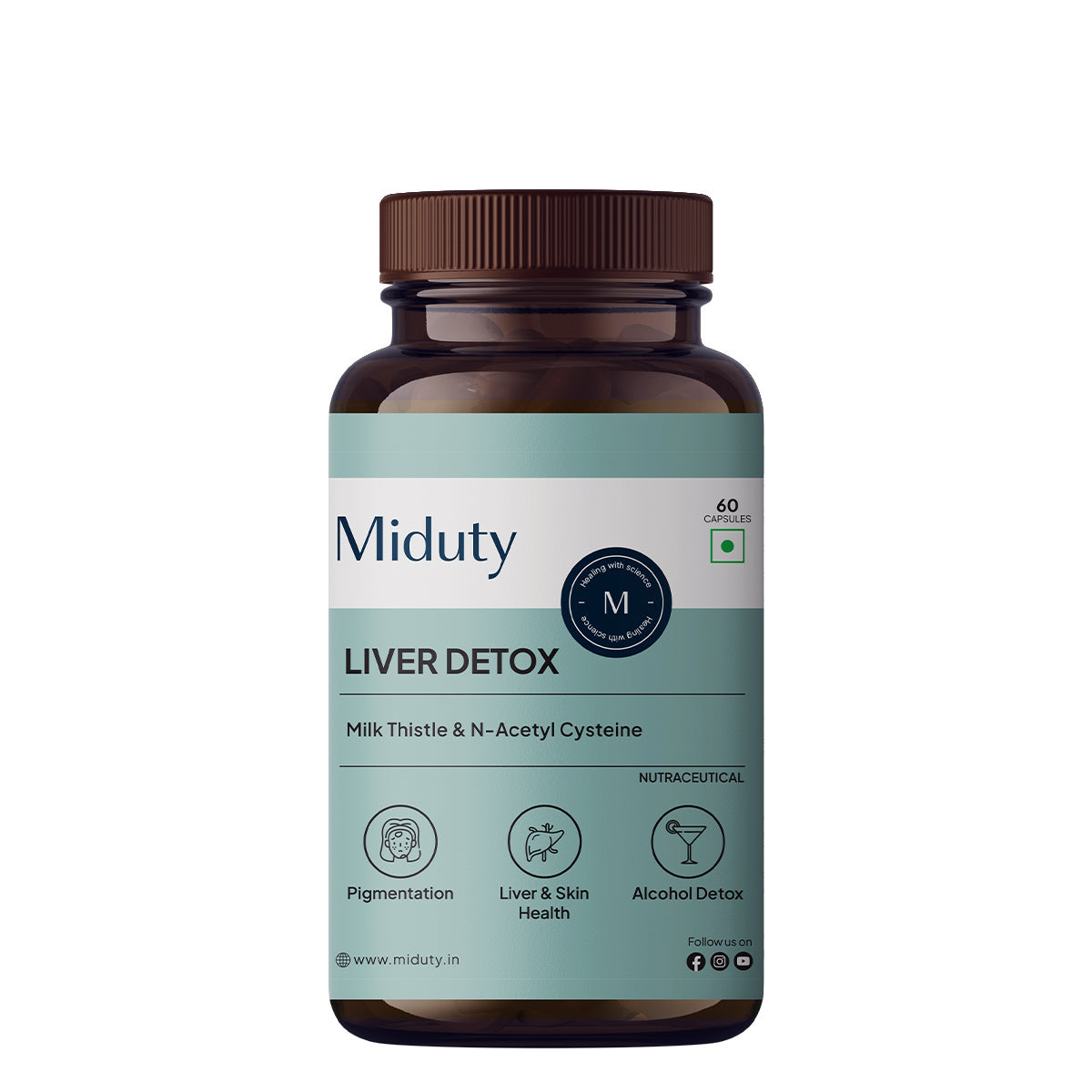
Natural Antibacterial Hand Soap for Your Family I DIY Recipe
 Share
Share
With all the chemicals out there, the best way to keep your hands clean is to use a natural antibacterial hand soap. For years we have all been lead to believe that antibacterial soaps and hand sanitizers will protect us and our families from illnesses. But some of the ingredients used to make soaps antibacterial have now been banned because they do far more harm than good.
Why Are Antibacterial Products Bad
Most recently, triclosan has been banned by the FDA. Triclosan is a common ingredient in a wide variety of products, from toothpaste to body lotion and even in cleaning agents. The problem with triclosan is that it has negative effects on the thyroid gland and has many negative effects on the whole body. Not only this, but there is no evidence that it even works. It has also been found to make bacteria resistant to antibiotics.
Antibiotic resistance is a major problem. Some bacteria are no longer able to be killed off by antibiotics and unfortunately, they are the types of bacteria that cause illness. On top of this, all our over-sanitizing has resulted in our immune systems not being strong enough to fight off illnesses and allergies. More children are allergic to peanuts for example than ever before. Our immune systems are strengthened by building up antibodies against the germs they are exposed to.
This is especially important for children, but with us constantly disinfecting everything, this process no longer takes place as well as it should. This makes us more susceptible to allergies, illnesses and the effects of all the chemicals we are exposed to on a daily basis. Hand sanitizers contain up to 95% alcohol. Even just a little bit of hand sanitizer is dangerous to children if they eat it.
Hand sanitizer can even impair the skin's ability to keep toxins out. BPA which is mainly found in plastics, but also in till slips is absorbed much more easily by the skin. BPA mimics estrogen which can cause estrogen dominance, a big problem for many women.
The Importance Of Washing Your Hands
This said, keeping your hands clean is important. You should be washing your hands not obsessively, but before or after doing certain things:
- After using the bathroom.
- After blowing your nose.
- Before cooking.
- Before eating.
- After caring for a sick person.
- After touching contaminated surfaces, for example, bathroom doors in public areas.
- If you are about to enter a sterile environment, for example, a hospital.
You can do this without harmful chemicals by making your own DIY antibacterial hand soap that is safe for your whole family.
DIY Antibacterial Hand Soap Recipe

The difference between my recipe and all other recipes on the internet out there is that I want the life simple. I bought 7-8 ingredients and make everything from Handwash to body wash to laundry shuffling these ingredients. Follow my other DIY recipes as well, and you can very cheaply replace the harmful chemicals around you with safe to use products.
Ingredients:
Liquid soap dispenser. Make sure that whichever type you choose, that it's BPA-free. Water, preferably distilled but otherwise boiled. 2 Tablespoons of Castile soap (unscented if you want to add essential oils) 1/2 Teaspoon of olive oil, almond oil, or jojoba oil 5 Drops essential oil (optional)
Method:
- Fill your bottle with the water until it's 3/4 full.
- Add the Castile soap.
- Add the olive, almond, or jojoba oil
- If you choose to add in the essential oil do so now.
- Close your bottle and swirl the mixture around for it to blend.
- Use as you would any other hand soap.
To get a thicker consistency use less water.
Essential Oils

Essential oils are great for adding fragrances naturally. The following are antibacterial and smell great:
- Lavender
- Cinnamon
- Peppermint
- Thyme
- Oregano
How To Wash Your Hands Correctly
The problem is not that we need antibacterial soap, because regular soap is just as effective, but rather that we may be washing our hands incorrectly. Follow this simple method to make sure your hands are cleaned properly:- Use warm running water.
- Make sure the soap lathers and that the lather covers your hands entirely up to your wrists and under your fingernails too.
- Wash for 15-20 seconds before rinsing your hands thoroughly. Less than that won't remove the germs.
There are also harmful chemicals like chlorine in our cleaning products. Click here for a recipe to make a natural and safe all-purpose household cleaner.

